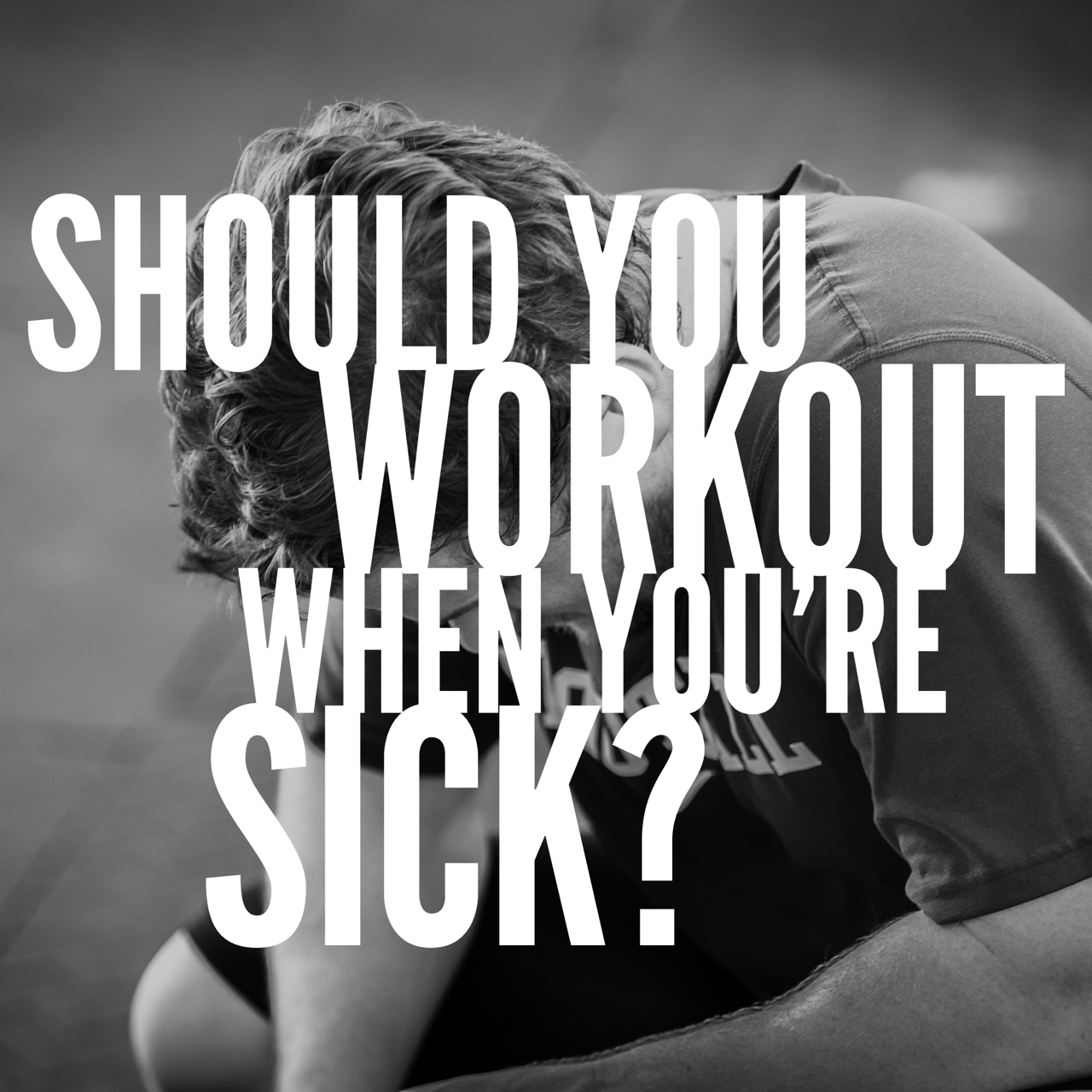
Have you ever felt a sniffle coming on and wondered whether you should work out?
It can be so confusing to know if you should exercise if you’re feeling a bit under the weather. I’m going to explain a few rules of thumb, plus outline some easy things you can do to avoid spreading or catching any “bugs.”
First of all: If you have a fever, your body is fighting off an illness so you definitely DO NOT want to work out … you want your resources to go to battle the virus!
Your body is already getting a workout, so let it do its job.
If you do NOT have a fever, the general rule of thumb is if your symptoms are above your neck (i.e., nasal congestion and a non-productive cough), you are safe to work out.
But if you have symptoms below the neck – productive cough, body aches, upset stomach, etc. – take a day or two off to get better.
Also, no matter where your symptoms are, here’s something to keep in mind: you don’t want to spread your germs with others, so when it doubt, take a day or two off.
If you feel like you absolutely must workout, go for a walk and do some light stretches.
Another important part of this equation has to do with the spread of germs. These tips from the Centers for Disease Control can help you avoid picking up germs as well as not spreading them.
- Whenever possible, keep your distance from people you know are sick.
- Don’t touch your face.
- Wash your hands frequently.
- Wash/disinfect surfaces and objects that people touch frequently (doorknobs, countertops, water cooler handles, etc.).
- If you’re sick, stay home for at least 24 hours after your fever is normal – without using meds to bring it down – unless you have to go to the doctor or the store for supplies.
- Cover your nose/mouth with a tissue if you cough or sneeze, and throw the tissue in the trash immediately after you use it.
You won’t lose any momentum on your fitness program if you take a day or two off to recover – and you’ll feel that much better in the long-run if you listen to your body!
The best course of action, of course, is to prevent illness as much as possible through healthy lifestyle choices. (And you’re actually a LOT less likely to get sick when you workout regularly).
REFERENCE: www.cdc.gov/flu/prevent/preventing.htm



